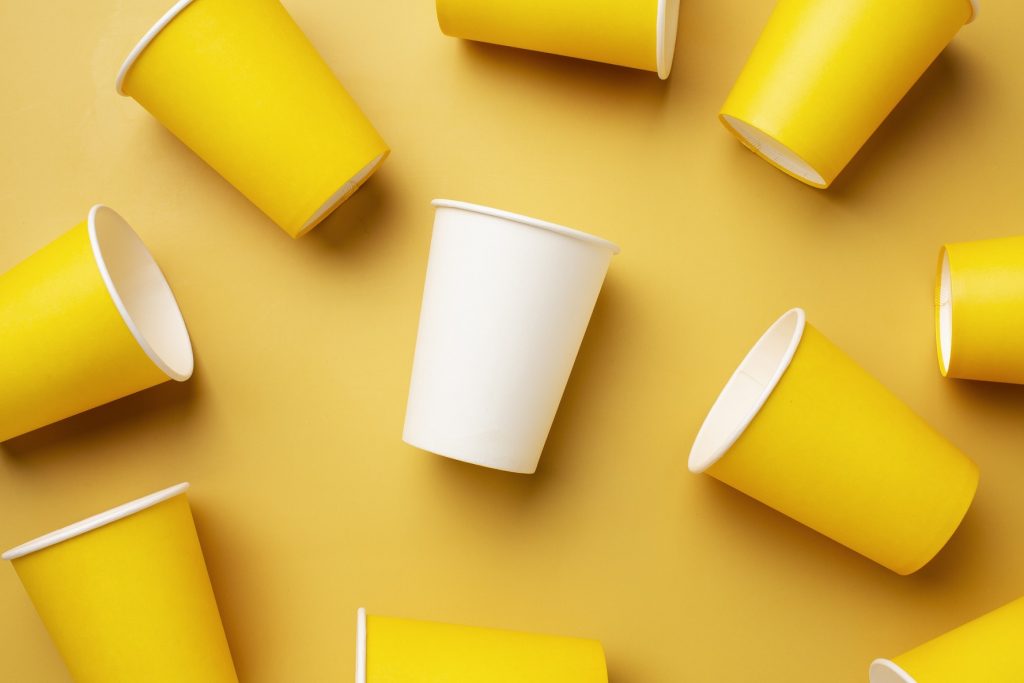The future of paper cup manufacturing services is being shaped by a growing emphasis on efficiency and eco-consciousness. As environmental concerns and sustainability become central issues, the industry is experiencing a significant transformation. Traditional paper cup manufacturing often involves materials and processes that are not environmentally friendly, leading to increased waste and pollution. However, advancements in technology and a shift in consumer preferences are driving the evolution toward more sustainable practices. One of the most notable changes is the adoption of eco-friendly materials. Manufacturers are increasingly using recycled paper and biodegradable coatings to create paper cups that minimize environmental impact. These materials reduce the need for virgin resources and help lower the overall carbon footprint of production. Additionally, many companies are exploring the use of plant-based coatings, such as those derived from corn starch or sugarcane, which offer similar protective qualities as traditional coatings but with less environmental harm.

Efficiency in paper cup manufacturers processes is also a key focus. Modern paper cup production is being optimized through the integration of advanced technologies such as automated machinery and real-time monitoring systems. Automation streamlines production, reduces waste, and ensures consistency in product quality. Real-time monitoring allows for precise adjustments to the manufacturing process, leading to greater energy efficiency and reduced resource consumption. These advancements not only make the production process more efficient but also contribute to a decrease in the environmental impact of manufacturing operations. The drive toward sustainability is also influencing the design of paper cups. Manufacturers are increasingly considering the entire lifecycle of the product, from production to disposal. This holistic approach involves designing cups that are easier to recycle or compost, thereby reducing their end-of-life impact. Some companies are even implementing take-back programs, where used cups are collected and repurposed, further reducing waste and promoting a circular economy.
Consumer awareness and demand for eco-friendly products are accelerating these changes. As more people become aware of the environmental impact of their choices, there is a growing preference for products that align with their values. This shift in consumer behavior is pushing manufacturers to adopt more sustainable practices and innovate in ways that reduce environmental harm. Companies that fail to adapt to these trends risk losing market share to competitors who are better aligned with the demand for eco-conscious products. Regulatory pressures are also playing a role in shaping the future of paper cup manufacturing. Governments and regulatory bodies are increasingly implementing stricter environmental standards and policies, encouraging or even mandating the use of sustainable materials and practices. These regulations drive manufacturers to invest in new technologies and practices that meet the required standards, further pushing the industry toward more eco-friendly solutions. In conclusion, the future of paper cup manufacturing services is poised to be marked by a strong focus on efficiency and environmental responsibility. Yoonpack have Advanced materials, manufacturing processes, and consumer preferences are all contributing to a more sustainable industry.